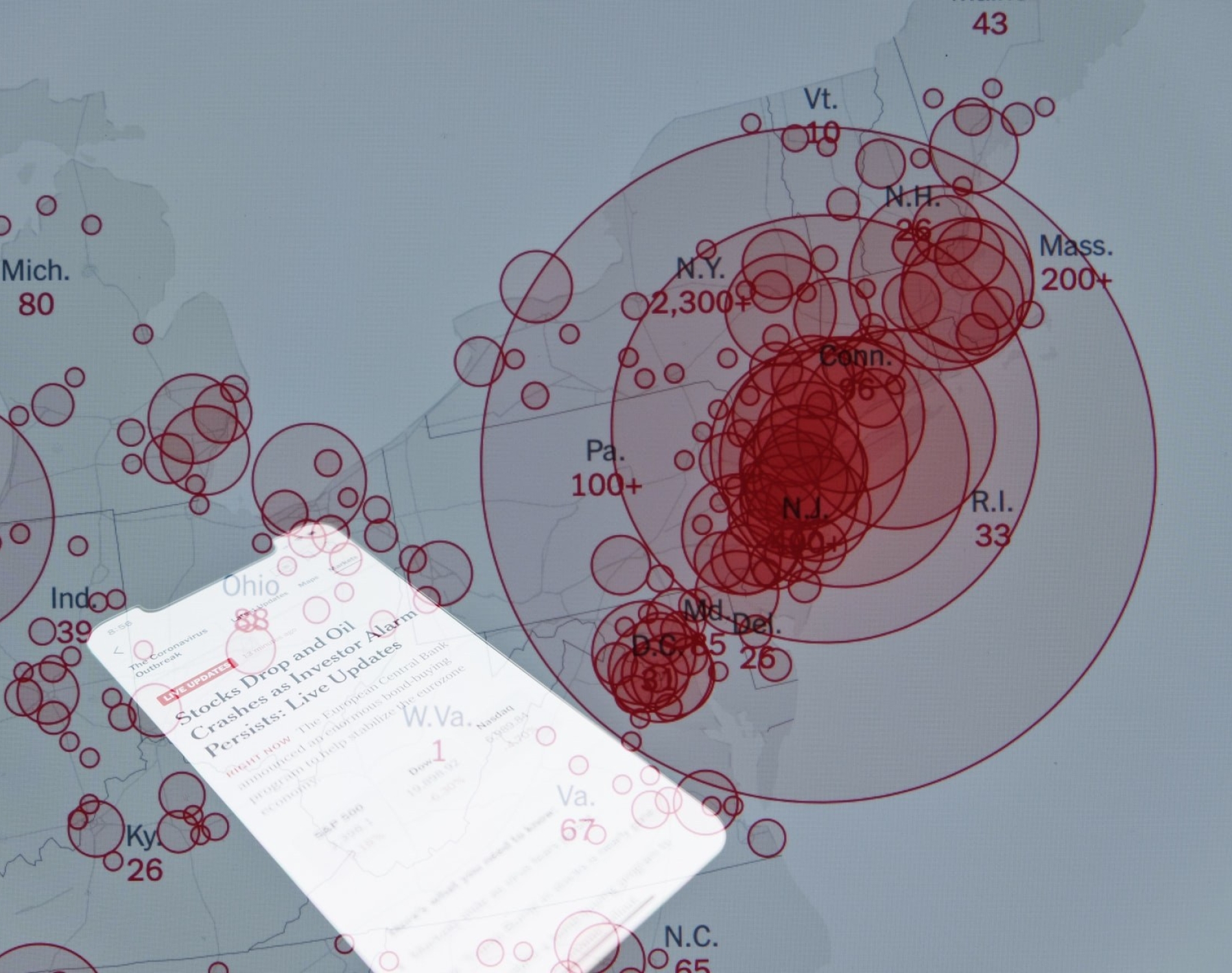To invest in your brand or not – the top thought on almost every marketer's mind during a crisis
Posted on 16 Apr 2020 by Firework PR
It is well documented that during a crisis, many brands reduce or even stop their marketing investment altogether. Indeed, two of the airline industry’s top chief marketing officers (CMO) have resigned in recent weeks - EasyJet’s Lis Blair and Ryanair’s Kenny Jacobs, with Blair’s position not being replaced on the board.
During this turbulent global pandemic, it is easy to see why marketing budgets are one of the first lines to be cut on the financial plan. Why would brands need to advertise or communicate when sales will not be forthcoming or achievable? And without that budget or spend, the role of the CMO becomes null and void, certainly for the time being.
The importance of maintaining conversations
However, many studies, for example McGraw-Hill’s 1986 research into advertising during a recession, have illustrated that upping rather than cutting marketing budgets during difficult times such as these has the most impact in the long-term.
At times of panic, worry and uncertainty, consumers need familiarity and clarity, which can only be achieved through effective and appropriate communications, which is often overseen and managed by a strong marketing leader. By pausing that conversation with consumers, the investment companies have made into marketing and PR in the months and years prior to now will largely have been in vain.
We know only too well how long it takes to build momentum with marketing and comms and to effectively make an impact – by stopping activity completely, firms are paving the way for competitors who are maintaining their voice to overtake and harness market share.
Long-term thinking will help brands emerge strong
This is short-term thinking when the reality is that we need to consider a much more long-term strategy; only then will businesses be ready to run when the economy does improve. And only the brands that have continued some level of messaging throughout these challenging periods will be able to hit the ground running and turn their investment into sales, when the time is right.
Birds Eye has taken a similar view. While other brands are instinctively cutting budgets and marketing spend, the frozen food manufacturer is committed to being the ‘reassuring’ voice to consumers looking for comfort in the face of crisis. Instead of culling its advertising, the firm has opted instead to change its messaging to one of empathy, of understanding and of solace. This will stand the brand in good stead in the minds of the consumer ready for when we all emerge from the coronavirus pandemic. Watch the ad here.
Equally, Burger King has unveiled its new narrative, focused on encouraging consumers to ‘stay at home’ to help fight the spread of COVID-19. Portraying a responsible, kind and empathetic voice during times of crisis is the key to success beyond it. Take a look at the fast food firm’s ad here.
Replace rather than remove activity
Our advice would be this: instead of cutting budgets altogether, consider how you can adapt your business narrative in the current climate. Consider how you can most effectively communicate your brand conscience and your ethical and moral fabric to best reflect where you as a brand fit into the overall crisis conversation. This should form your short-term narrative and story.
Perhaps you are offering help to frontline services, maybe you have adapted your manufacturing processes to develop alternative products to support the fight, perhaps you are offering your products or services for free, or maybe you are simply providing a calming voice in the background. Whatever you are doing, you need to think about the most effective, and cost effective ways of telling people about it.
High-quality commentary vs advertising
If you do need to find ways to reduce spend, rather than pull marketing activity entirely, refocus and rethink – what activity could be done within tightened budgets and that would get your message across, ensuring you retain your share of voice? Advertising is one of the highest costs on a marketing financial plan and, arguably, can result in a lot of wastage. On the other hand, targeted thought leadership will allow you to maintain a presence and get your new narrative across in a much more meaningful way. What’s more, it is this type of quality communications activity that will help maintain your reputation, during the crisis and beyond.
We are firm believers in the power and importance of sharing a voice, especially during periods of great uncertainty. Those brands that remain in the hearts and minds of their consumers will find it much easier to thrive post-crisis, than those that opt for radio silence. For us, this is not about stopping activity but rather adapting it to reflect the current situation and the sense of feeling that has created across the UK and world. As one of the most cost-effective strands of marketing, PR really comes into its own here, and we are honoured to be able to help our clients navigate the communication challenges that the COVID-19 pandemic is creating.
We know what a daunting time this is for all businesses, large and small. As a PR agency focused on brand reputation, we know only too well the importance of a robust PR strategy during times of crisis. Our recent blog outlined our recommended approach to crisis communications as we all navigate the COVID-19 pandemic.
Feel free to have a read or if you’d prefer, we’d be happy to chat through your specific communications challenges, so feel free to drop us an email – hello@fireworkpr.co.uk or call Clare Wall on 07974 161127.
For our latest updates, follow us on Twitter @fireworkpr

